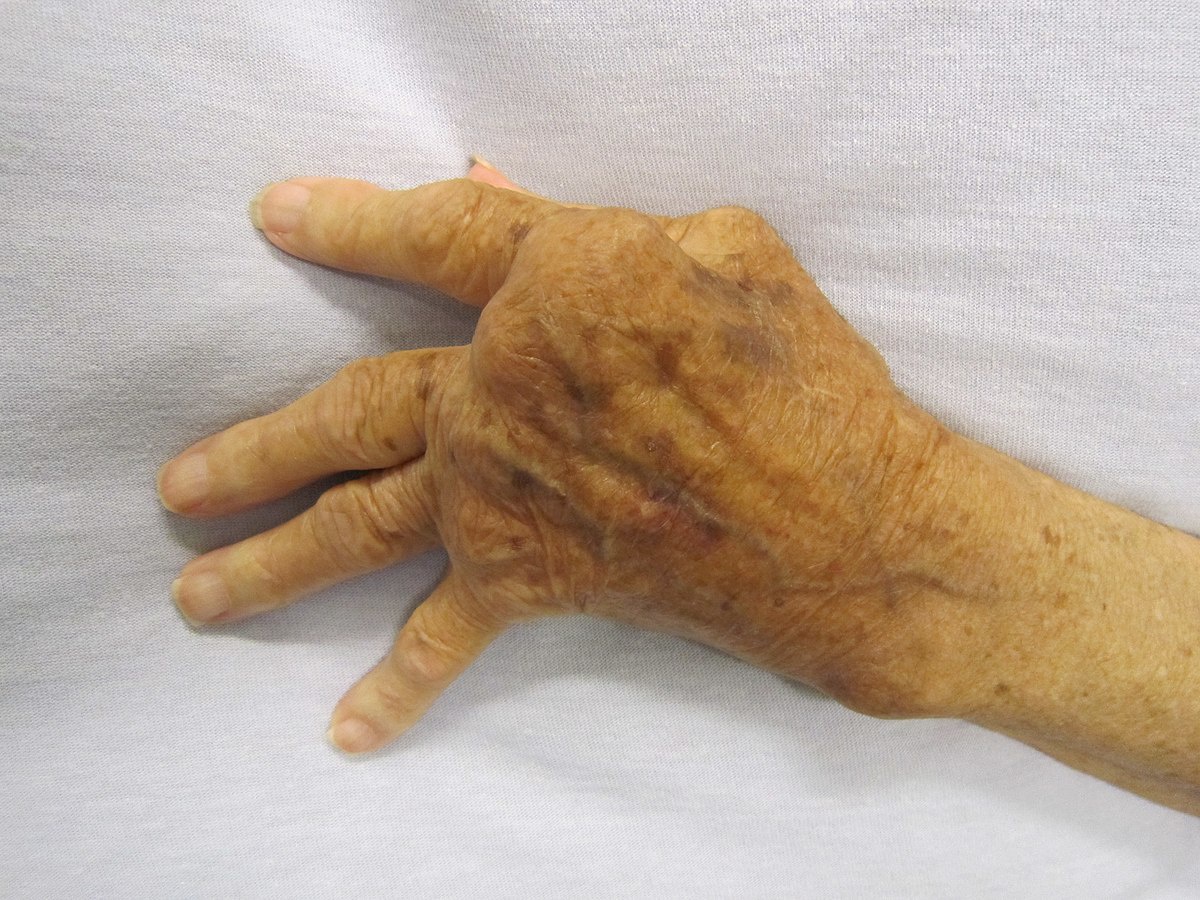Introduction
Rheumatoid arthritis (RA) is an autoimmune disorder that affects millions worldwide, and it can target various joints in the body. Among the commonly affected joints, the knees stand out as a prominent site of RA. In this blog, we will explore the causes and contributing factors behind the development of rheumatoid arthritis knee.
Understanding Rheumatoid Arthritis
Before delving into the knee's involvement, let's briefly understand the basics of RA:
RA is an autoimmune disease where the immune system mistakenly attacks healthy tissues, primarily the synovium—the lining of membranes around the joints.
This autoimmune response triggers chronic inflammation, joint damage, and a host of symptoms, such as joint pain, swelling, morning stiffness, and fatigue.
RA can affect any joint in the body, including the knees, which are particularly vulnerable due to their weight-bearing role and complex structure.
Causes of Rheumatoid Arthritis in the Knee
The exact cause of RA in the knee, as in other joints, remains elusive, but several factors contribute to its development:
1. Genetic Predisposition: Genetic factors play a significant role in RA susceptibility. People with specific human leukocyte antigen (HLA) genes, particularly the HLA-DRB1 alleles, are at a higher risk of developing RA. These genetic markers influence the immune system's response and increase the likelihood of autoimmune diseases, including RA.
2. Environmental Triggers: Environmental factors are believed to play a role in triggering RA, particularly in genetically predisposed individuals. Potential triggers include viral infections, exposure to toxins, and hormonal changes.
3. Hormonal Influences: Hormones, particularly estrogen, appear to influence the development of RA. Women are more frequently affected by RA, and hormonal fluctuations during pregnancy and menopause can impact disease activity.
4. Immunological Factors: Abnormalities in the immune system are at the core of RA development. Dysregulation of immune responses and the formation of autoantibodies, such as rheumatoid factor (RF) and anti-cyclic citrullinated peptide (anti-CCP) antibodies, contribute to inflammation in the knee and other joints.
5. Gut Microbiota: Emerging research suggests that imbalances in the gut microbiota may influence the development and progression of RA. A disrupted gut microbiome could contribute to an overactive immune response and inflammation in the knee.
Conclusion
While the precise cause of rheumatoid arthritis in the knee remains a complex puzzle, a combination of genetic, environmental, hormonal, and immunological factors is believed to contribute to its development. Early diagnosis and intervention are crucial to manage symptoms and slow disease progression. Advances in research continue to deepen our understanding of RA and may lead to improved prevention and treatment strategies in the future. For those living with RA in the knees or other joints, comprehensive medical care, and lifestyle adjustments can significantly enhance their quality of life.


No comments yet